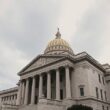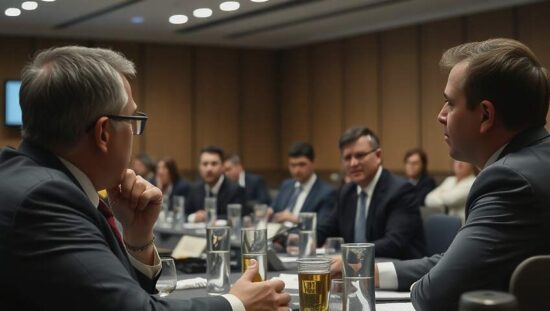The practice of public funding for the Ludwig Erhard Summit is facing mounting criticism from within Germany’s political landscape, with calls for an immediate cessation of state support. Sebastian Roloff, parliamentary spokesperson for the SPD (Social Democratic Party), voiced strong reservations in an interview with “Handelsblatt”, questioning the appropriateness of using taxpayer money to support an event that caters to a financially affluent audience.
Roloff’s concerns center on the potential for the summit to create an environment perceived as facilitating access to political decision-makers in exchange for financial contribution. This perception, he argues, must be avoided, especially given recent controversy surrounding the summit’s organizer, Andreas Weimer and his connections to a sitting government minister. The recent decision by Weimer to temporarily divest his shares in Weimer Media Group has been welcomed as a preliminary step, although it doesn’t preclude further scrutiny.
Lobbycontrol, a non-profit organization focused on transparency and lobbying, shares this sentiment. Spokesperson Timo Lange questioned the rationale behind continued public funding, particularly when profits appear to benefit the personal wealth of a government official. “It’s incomprehensible why such events continue to receive additional support with taxpayer money” Lange stated in his interview with “Handelsblatt”.
Green Party politician Irene Mihalic underscored the need for a thorough and granular examination of the entire process. She emphasized the critical importance of ensuring that government actions are not driven by the requests of individual entities, echoing concerns about potential conflicts of interest. While welcoming Weimer’s temporary divestiture as a positive development, Mihalic stressed that it does not absolve him of the existing accusations, particularly given his continued, albeit indirect, vested interest in the company’s financial success.
The escalating debate highlights a broader concern about the influence of private economic interests on governmental affairs and the urgent need for enhanced transparency and accountability within Germany’s political and business spheres.





